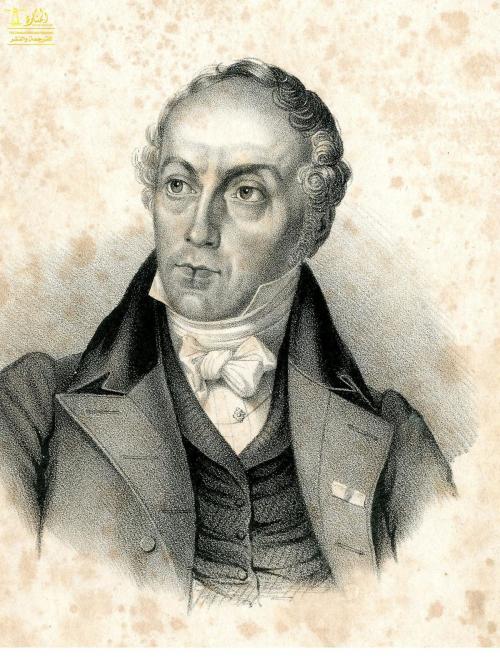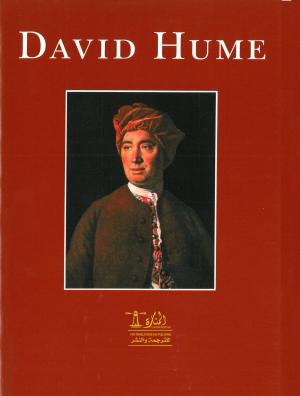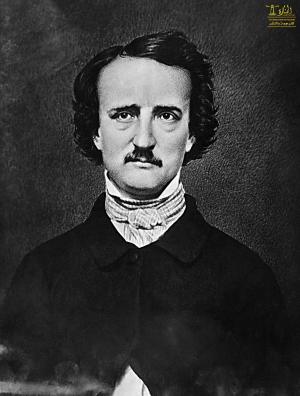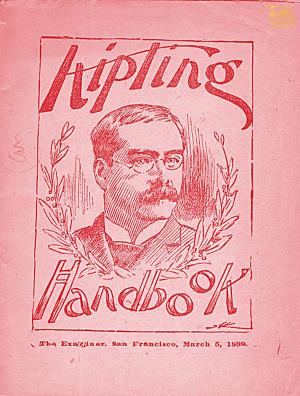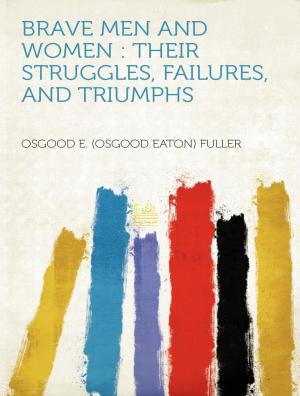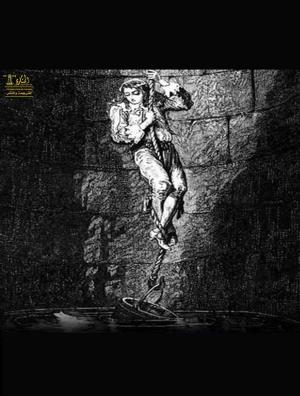| Author: | Van Limburg-Brouwer | ISBN: | 9780599460010 |
| Publisher: | Lighthouse Books for Translation Publishing | Publication: | May 19, 2019 |
| Imprint: | Lighthouse Books for Translation and Publishing | Language: | English |
| Author: | Van Limburg-Brouwer |
| ISBN: | 9780599460010 |
| Publisher: | Lighthouse Books for Translation Publishing |
| Publication: | May 19, 2019 |
| Imprint: | Lighthouse Books for Translation and Publishing |
| Language: | English |
The object of the Romance which is now presented to English readers, in a translated form, is to convey a generally accurate idea of the court of Akbar, the greatest and best native ruler that ever held sway over Hindustan. The author, Dr. Van Limburg-Brouwer, was an oriental scholar, who strove, by this means, to impart to others the knowledge he had himself acquired, through the study of contemporary writers, of the thoughts and habits of the great Emperor, and of the manners and civilization of those who surrounded him.
If he has attained any measure of success in this attempt, his labours will certainly have been useful, and his work deserves translation. For on Englishmen, more than on any other people, is a knowledge of so important a period of Indian history incumbent. This romance of Akbar is, it is true, but a sketch, and is only intended to excite interest in the subject. But if it has that effect, and leads to further inquiry and research, it will secure the object with which it was written, and will have done useful service.
“Akbar, an Eastern Romance,” (“Akbar, een Oostersche Roman,”) was first published in Dutch, at the Hague, in 1872, the year before the author’s death. A German translation appeared at Leipzig in 1877. A native of Holland might not unnaturally undertake such a work, for the best European contemporary account of the reign of Akbar was written by a Dutchman, Pieter Van den Broeck.
The epoch of Akbar is the one of greatest importance to English students of the history of India, for two reasons. It is the period when administration under native rule was best and most efficient, and it is, consequently, the one with which a comparison with British rule should be made. It is also the period of which the most detailed and exact accounts have been written and preserved; so that such a comparison will be reliable and useful.
The object of the Romance which is now presented to English readers, in a translated form, is to convey a generally accurate idea of the court of Akbar, the greatest and best native ruler that ever held sway over Hindustan. The author, Dr. Van Limburg-Brouwer, was an oriental scholar, who strove, by this means, to impart to others the knowledge he had himself acquired, through the study of contemporary writers, of the thoughts and habits of the great Emperor, and of the manners and civilization of those who surrounded him.
If he has attained any measure of success in this attempt, his labours will certainly have been useful, and his work deserves translation. For on Englishmen, more than on any other people, is a knowledge of so important a period of Indian history incumbent. This romance of Akbar is, it is true, but a sketch, and is only intended to excite interest in the subject. But if it has that effect, and leads to further inquiry and research, it will secure the object with which it was written, and will have done useful service.
“Akbar, an Eastern Romance,” (“Akbar, een Oostersche Roman,”) was first published in Dutch, at the Hague, in 1872, the year before the author’s death. A German translation appeared at Leipzig in 1877. A native of Holland might not unnaturally undertake such a work, for the best European contemporary account of the reign of Akbar was written by a Dutchman, Pieter Van den Broeck.
The epoch of Akbar is the one of greatest importance to English students of the history of India, for two reasons. It is the period when administration under native rule was best and most efficient, and it is, consequently, the one with which a comparison with British rule should be made. It is also the period of which the most detailed and exact accounts have been written and preserved; so that such a comparison will be reliable and useful.
